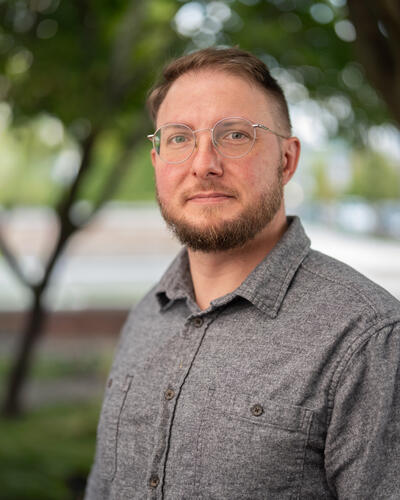Taylor M. Kessner is an Assistant Professor in the School of Education at SUNY Geneseo. A learning scientist and social studies educator, Kessner’s work explores how games, simulations, and emerging technologies—such as AI—can support historical thinking, civic learning, and teacher preparation. His scholarship includes studies of the Mission US history game, design-oriented “playfixing” activities, and the impacts of divisive-issues legislation on teachers, alongside recent work comparing AI- and preservice-teacher–generated lesson plans. Kessner earned a Ph.D. in Learning, Literacies, and Technologies from Arizona State University, an M.A. in Educational Leadership and Policy from the University of Michigan, and a B.A. in Secondary Social Studies Education from Western Michigan University. His publications have appeared in venues such as the Journal of the Learning Sciences, Games & Culture, Theory & Research in Social Education, Simulation & Gaming, the Journal of Social Studies Research, and International Journal of Child-Computer Interaction.

Curriculum Vitae
EDUCATION
Ph.D., Learning, Literacies, and Technologies (2021)
Arizona State University, Tempe, AZM.A., Educational Leadership and Policy (2015)
University of Michigan, Ann Arbor, MIB.A., Secondary Social Studies Education, History Minor (2011)
Western Michigan University, Kalamazoo, MI